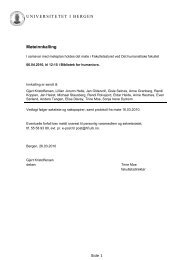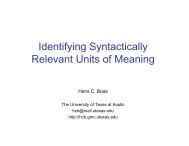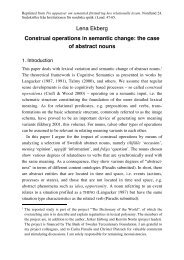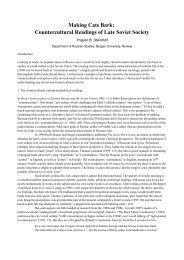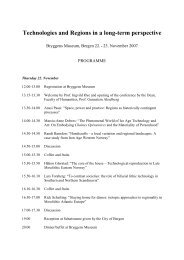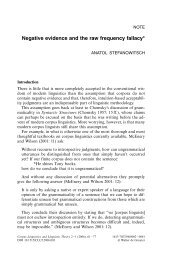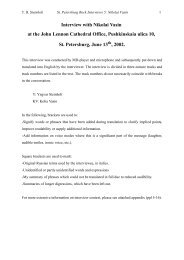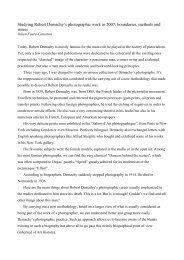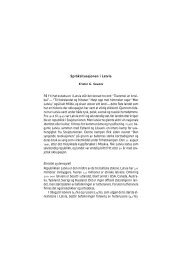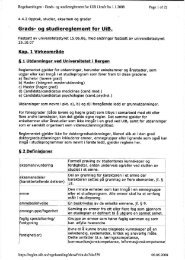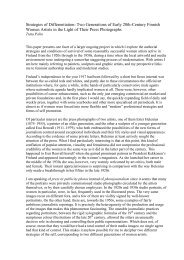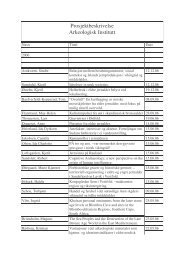THE BOOK OF POEMS IN TWENTIETH-CENTURY ... - TopReferat
THE BOOK OF POEMS IN TWENTIETH-CENTURY ... - TopReferat
THE BOOK OF POEMS IN TWENTIETH-CENTURY ... - TopReferat
You also want an ePaper? Increase the reach of your titles
YUMPU automatically turns print PDFs into web optimized ePapers that Google loves.
This enslaved "creature" of both "Вечная женскость" and "Женскость" provides<br />
an absolute contrast to the three-crowned Freedom of "Рождение." By placing these<br />
poems next to each other, Gippius demonstrates the tremendous vacillations of her faith<br />
and spirit. In "Вечноженственное" Gippius attempts to reconcile these opposites within<br />
her own spiritual journey. She strives to escape the banal "женскость" of her earthly life<br />
and to approach the perfection of the eternal feminine. These three poems form<br />
something of a trinity—a personalized dialectic. "Рождение" announces the goal of<br />
spiritual freedom; "Женскость" represents one of Gippius's many falls back to the cruel<br />
world; "Вечноженственное" describes Gippius's journey toward the truth of<br />
"Рождение," having experienced worldly "Женскость." The personalization of this<br />
journey is suggested in the gender of the poems' titles. The neuter titles of the positive<br />
poems, "Рождение" and "Вечноженственное," combine the masculine and the feminine<br />
and suggest the possibility for an androgyne like Gippius to reach the ideal of eternal<br />
femininity. Gippius reserves the feminine gender for the negative "Женскость" which<br />
represents her fallible, fickle, nature as an all-too-human woman. 146<br />
The obstacle of exile: "Неотступное" and "Южные стихи"<br />
In Сияния, Gippius's spiritual journey toward God is disrupted by her physical<br />
separation from her home, Russia. Gippius left no detailed record of her life in<br />
emigration, only occasionally keeping sporadic diaries, primarily of her first months in<br />
146 While grammatical gender often carries significance in Gippius's writing, it is particularly evident in the<br />
case of these titles. Gippius originally gave "Вечноженственное" a feminine title, "Вечная<br />
женственность," and "Женскость" was initially the neuter "Падающее." By changing the titles, she<br />
highlights the spiritual promise of the neuter while denigrating the feminine.<br />
110



